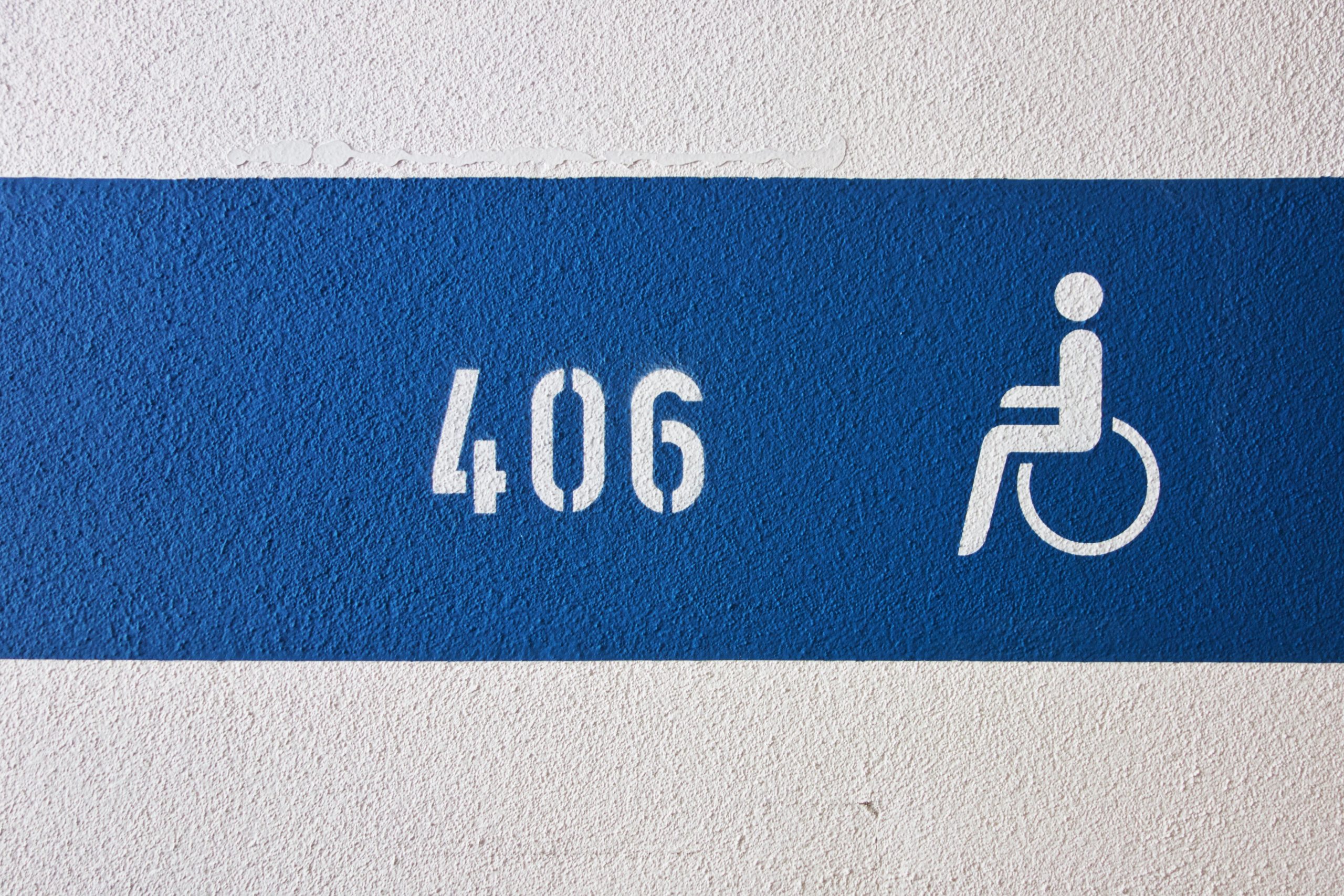 Anyone involved in a lawsuit knows that litigation can take months or even years to resolve. Though courts try to expedite the process, the parties involved are also responsible for moving the case forward expediently. If the plaintiff in a lawsuit files a complaint and fails to take further action for a certain amount of time, the defendant may file a motion to dismiss on the grounds of abandonment. The case below is an example of how the abandonment of a lawsuit by the plaintiff resulted in the dismissal of the action.
Anyone involved in a lawsuit knows that litigation can take months or even years to resolve. Though courts try to expedite the process, the parties involved are also responsible for moving the case forward expediently. If the plaintiff in a lawsuit files a complaint and fails to take further action for a certain amount of time, the defendant may file a motion to dismiss on the grounds of abandonment. The case below is an example of how the abandonment of a lawsuit by the plaintiff resulted in the dismissal of the action.
Deborah Allen was an employee of the Louisiana Department of Social Services (“LADSS”). On February 2, 2007, she was riding as a passenger in a LADSS vehicle struck from behind by a car driven by Matthew Humphrey. Allen filed a lawsuit against Humprey and his automobile insurer, Imperial Fire and Casualty Insurance Company, seeking compensation for the injuries she received in the crash. Shortly after that, Louisiana’s Division of Administration, Office of Risk Management (“ORM”) filed a petition of intervention, seeking reimbursement from the defendants for workers’ compensation payments made to Allen. You can think of an intervenor as being a replacement or substitute plaintiff in an action who has a related claim against the defendants.
Because Humphrey was underinsured, Allen filed a lawsuit against LADSS. However, LADSS claimed that it had no underinsured motorist coverage and that Allen was only entitled to workers’ compensation from LADSS. LADSS was successful in securing a dismissal of Allen’s lawsuit. In early 2013, Allen and LADSS settled Allen’s workers’ compensation claims. On February 8, 2013, Humphrey and Imperial Fire filed a motion to reduce the jury bond, which is money to procure a jury. In 2014, Humphrey and Imperial Fire sent a settlement letter to Allen, but neither Allen nor the ORM responded to the letter. In 2016, Humphrey and Imperial Fire filed a motion to dismiss Allen’s lawsuit on the grounds of abandonment. After the trial court granted the defendants’ motion, ORM appealed.
 An employee injured at work while performing the functions of her job is generally entitled to worker’s compensation. But what about a worker injured on the job by the intentional act of a fellow employee? An action for recovery due to employer negligence could be a better option.
An employee injured at work while performing the functions of her job is generally entitled to worker’s compensation. But what about a worker injured on the job by the intentional act of a fellow employee? An action for recovery due to employer negligence could be a better option. Insurance Dispute Lawyer Blog
Insurance Dispute Lawyer Blog


 Navigating receiving workers’ compensation benefits following an on-the-job injury can be difficult. It is even more difficult when you are an undocumented worker. Unfortunately, that is the situation Candido Perdomo, an undocumented worker, found himself in after he was injured when he was pinned underneath a garbage truck when a road collapsed.
Navigating receiving workers’ compensation benefits following an on-the-job injury can be difficult. It is even more difficult when you are an undocumented worker. Unfortunately, that is the situation Candido Perdomo, an undocumented worker, found himself in after he was injured when he was pinned underneath a garbage truck when a road collapsed.  When people are injured at work, they expect to be compensated for an extended period. However, worker’s compensation can be hard to recover. So how does a pre-existing injury affect your workers’ compensation claim? The following lawsuit from Metairie, Louisiana, helps answer this question.
When people are injured at work, they expect to be compensated for an extended period. However, worker’s compensation can be hard to recover. So how does a pre-existing injury affect your workers’ compensation claim? The following lawsuit from Metairie, Louisiana, helps answer this question.  When you are injured on the job, it’s not always your employer’s or fellow employee’s fault. If you are injured while working by a third party, there are rules to follow when settling your claims. Following those guidelines is important because if you don’t, you may alter the workers’ compensation benefits owed to you.
When you are injured on the job, it’s not always your employer’s or fellow employee’s fault. If you are injured while working by a third party, there are rules to follow when settling your claims. Following those guidelines is important because if you don’t, you may alter the workers’ compensation benefits owed to you. Getting treatment and medication can be challenging when recovering from an on-the-job injury. If you are injured at work, you may want to pick up prescriptions at the local pharmacy closest to you. While you may have interpreted Louisiana’s Workers’ Compensation statutes to allow for “choice of pharmacy” in the past, the rule is clear. The following case out of the Louisiana Supreme Court shows why the choice in pharmacy for a work-related injury belongs to the employer.
Getting treatment and medication can be challenging when recovering from an on-the-job injury. If you are injured at work, you may want to pick up prescriptions at the local pharmacy closest to you. While you may have interpreted Louisiana’s Workers’ Compensation statutes to allow for “choice of pharmacy” in the past, the rule is clear. The following case out of the Louisiana Supreme Court shows why the choice in pharmacy for a work-related injury belongs to the employer. Employment law disputes are very fact-specific inquiries. Judges, especially workers’ compensation judges, are typically well-equipped to handle these cases. But when a judge mishandles the facts or misinterprets the law having an excellent attorney in your corner helps in the appeal process. For the
Employment law disputes are very fact-specific inquiries. Judges, especially workers’ compensation judges, are typically well-equipped to handle these cases. But when a judge mishandles the facts or misinterprets the law having an excellent attorney in your corner helps in the appeal process. For the  Timing is an important part of claiming worker’s compensation in Louisiana.
Timing is an important part of claiming worker’s compensation in Louisiana.  Workers’ compensation is a financial support system that may be available to injured employees. It aims to ensure employees are compensated for their injuries and do not bear the entire expenses of medical bills. Workers’ compensation laws differ from state to state. Still, the general idea is that employees can get benefits regardless of who was at fault for the injury so long as the injury arose from an act during employment.
Workers’ compensation is a financial support system that may be available to injured employees. It aims to ensure employees are compensated for their injuries and do not bear the entire expenses of medical bills. Workers’ compensation laws differ from state to state. Still, the general idea is that employees can get benefits regardless of who was at fault for the injury so long as the injury arose from an act during employment.  Anyone involved in a lawsuit knows that litigation can take months or even years to resolve. Though courts try to expedite the process, the parties involved are also responsible for moving the case forward expediently. If the plaintiff in a lawsuit files a complaint and fails to take further action for a certain amount of time, the defendant may file a motion to dismiss on the grounds of abandonment. The case below is an example of how the abandonment of a lawsuit by the plaintiff resulted in the dismissal of the action.
Anyone involved in a lawsuit knows that litigation can take months or even years to resolve. Though courts try to expedite the process, the parties involved are also responsible for moving the case forward expediently. If the plaintiff in a lawsuit files a complaint and fails to take further action for a certain amount of time, the defendant may file a motion to dismiss on the grounds of abandonment. The case below is an example of how the abandonment of a lawsuit by the plaintiff resulted in the dismissal of the action.